
Gender equality is a human right. It is also essential for eradicating poverty and improving the lives of future generations. Gender equality is at the heart of all our programming and advocacy work. IPPF pushes for legal and policy reforms which combat female genital mutilation (FGM), early forced marriage and other forms of gender discrimination.
Articles about Gender equality

Engage young people and men to fight FGM
Today the world celebrates the International Day of Zero Tolerance for Female Genital Mutilation (FGM), a tradition that still puts at risk the life and health of millions of women and girls. FGM refers to different types of cutting and the removal of external female genitalia, and in its most extreme forms in the partial stitching together of the vulva (infibulation). All of these practices can lead to recurring infections, fistula, infertility, HIV and even death. FGM often leads to pain during menstruation and sex and difficulties during childbirth are very likely, resulting in a lifelong threat to women's health and well-being. The practice persists even in countries, like Kenya, where it has been officially outlawed, because it's strictly bonded to religious beliefs and traditional rites of passage. What can be done to eradicate female genital mutilation? We asked the advice of Dr Edna Adan, founder of IPPF Somaliland Family Health Association (SOFHA) and the first person to start the fight against FGM in her country, and of Amal Ahmed, SOFHA's Executive Director. SOFHA's staff deals with FGM complications on a daily basis and is actively working to lead a cultural change in Somaliland where 98% of women are FGM survivors and a vast majority of them has undergone infibulation. Here is their key strategy to try tackle FGM. 1- Go down to the community and talk about things people understand and care about. "You need to get trusted people to go to the community, to the villages. Don’t talk about human rights or girl’s integrity and don’t directly talk about FGM. Talk about health, they want their girls to be healthy. Tell them about the risk of infertility and HIV, about the pain and recurring infections." -Edna "We approach mothers from the maternal ward, we discuss with them and try to earn their trust. We explain them the health risks and invite them to keep coming to our clinics." - Amal 2- Engage religious leaders. "FGM is not an Islam requirement, it's a traditional mutilation. Religious leaders are trusted in the community and can help fight this misconception, affirming that FGM has no place in any religion, that God created the girls and forbids FGM." - Edna "When we tell mothers that FGM is against Islam, then we get their attention." - Amal 3- Collaborate with educators to inform and engage young people. "Go to the elite of educators. IPPF since last year is funding a 3-years project to institutionalise FGM campaigns by involving the Minister of Education, to bring FGM to high-schools and universities, to form the next generation of educators and medical professionals to become change-leaders." - Edna "First years of school are crucial to engage parents, because girls are cut during those years. "In high schools and universities, we also invite young people to think about what they will do as parents, and to intervene at home for their younger siblings." - Amal 4- Engage men, especially fathers. "I knew that what was done to me was wrong because my father was against it, but most men don't know what happens, they think that FGM is like male circumcision. Let it become a male issue, men doctors talking to men. Engaging fathers is the best strategy. Tell them they could never be grandfathers if they let their daughter be cut." - Edna "Men consider reproductive health a woman issue. We brought them to a maternal hospital, they've never been there before. We also invite young men to become activists." - Amal 5- Don't rush to legislation, invest in cultural shift. "Resolutions are easy, but their implementation is difficult, unless you want to convict every mother and look after all children. You need to convince the majority, then convict the minority." -Edna "I'm from the diaspora community, when the practice has been abandoned. When my aunt visited us from Somaliland, and saw how horrified we were about her idea to cut her daughter, she changed her mind." - Amal 6- Invest in relationships. "Trust and personal relationships are extremely important, both with the community, the government and the civil society. We've created a national taskforce to learn from each other and collaborate across the country. We're also collaborating with four ministries, Education, Health, Social Affairs and Religious Affairs. Through IPPF's project, we want to mainstream FGM campaigns to build the capacity of these institutions so they can keep intervening after the end of the project. It's important to remember that the focus is not on you, but on the elimination of this dangerous practice." - Amal
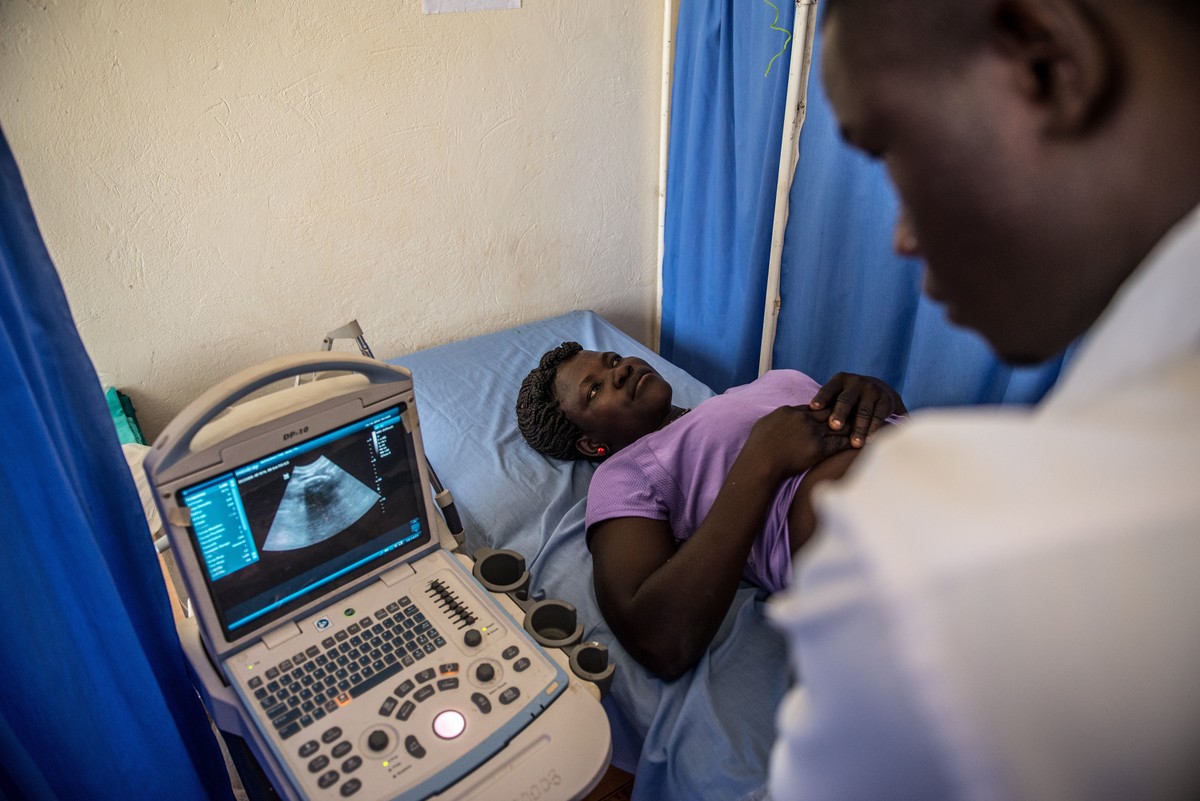
The human cost of the Global Gag Rule
IPPF has now compiled data outlining how the reinstatement of the Global Gag Rule will affect people’s health around the world. Our global network of local partners delivers more than 300 services every minute of every day. During President Trump’s term, we will forego approximately USD$100m funding from the US government, which would have supported our family planning and HIV programmes for women with the greatest need for these health care services. The regions most affected are sub-Saharan Africa, South Asia and Latin America and the Caribbean. In practical terms, this level of funding could have prevented: 20,000 maternal deaths 4.8 million unintended pregnancies 1.7 million unsafe abortions It could have also provided: treatment to 275,000 pregnant women living with HIV to protect their health and help prevent transmission of HIV to their infants 70 million condoms to prevent unintended pregnancies, HIV and other STIs 725,000 HIV tests to enable people to know their HIV status The foregone funding could have also treated 525,000 sexually transmitted infections. As an organisation that seeks to protect and improve the lives of women, men and children around the world, IPPF and its partners in 171 countries will not sign a policy that denies human rights and puts the lives of women at risk. We are working with governments and others to bridge this new funding gap and help keep our clinics open. Sign up now to get updates on how you can be involved and make a difference. JOIN OUR THUNDERCLAP TO SPREAD THE MESSAGE SUPPORT OUR WORK WITH A DONATION
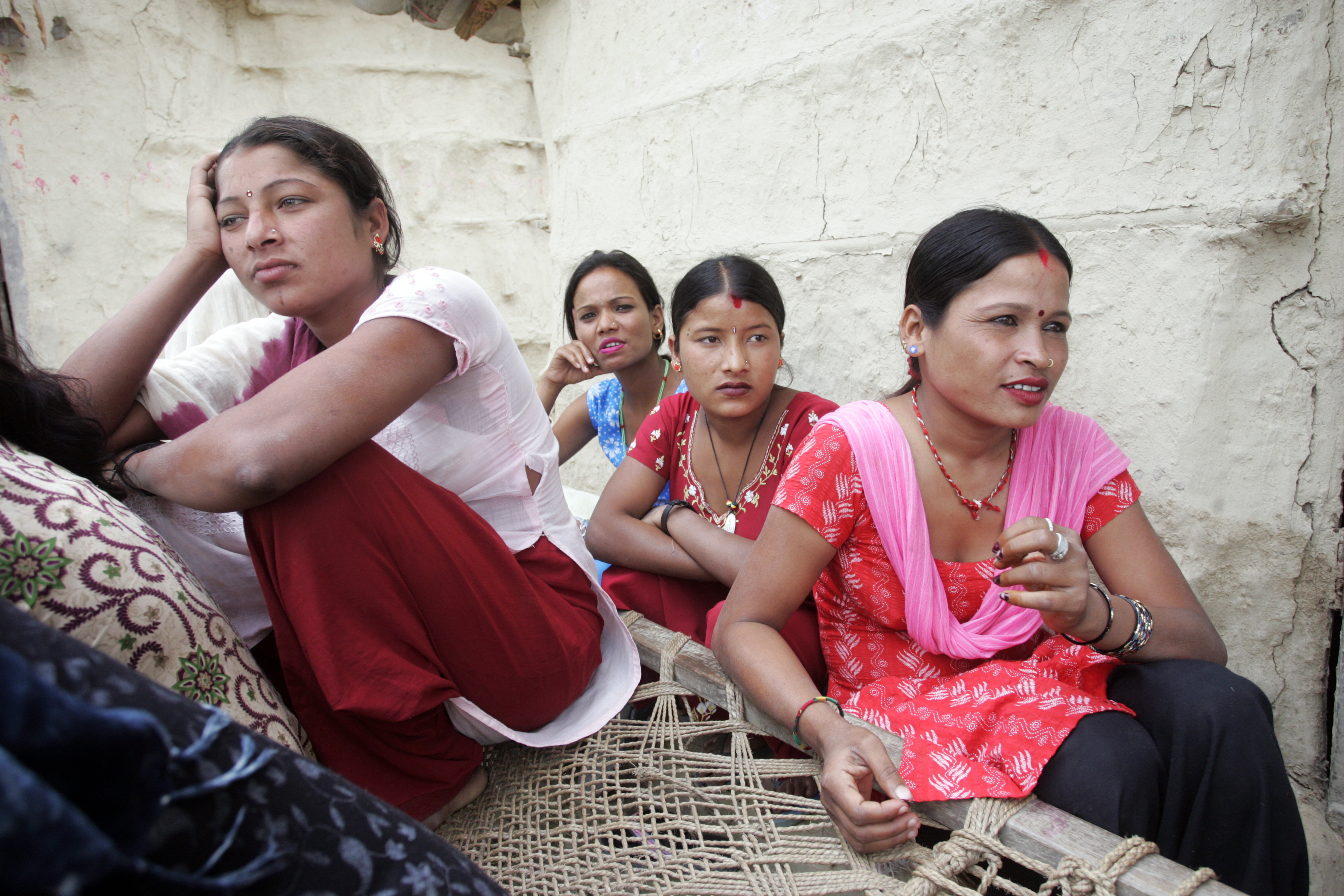
Extended Mexico City Policy detrimental to health care of world's poorest
Mexico City Policy will have a devastating impact for International Planned Parenthood Federation (IPPF) with its extension far beyond family planning. Restrictions into support for HIV, maternal health and infectious diseases programmes will mean that millions will be denied lifesaving healthcare they need. The policy will hit hardest, the women living at the margins of society – the poorest, the most remote and those under 25. The Global Gag Rule, also known as the Mexico City Policy, denies US funding to organizations who provide any abortion related services, including counselling, even when such services are legal in a national context. IPPF has a special focus on working with the world’s most poor and vulnerable and tailoring services to meet their needs. At country levels, the US funding loss will reduce or halt IPPF’s services and arrest opportunities to scale up, build capacity and reach more people. Tewodros Melesse, IPPF Director General, said in reaction, “For over 30 years, the Mexico City Policy has played politics with women’s lives. It is a cynical attempt to silence the choice and voice of the world’s poorest women. As a champion for them and people everywhere, we will not be held back. "This extended policy covers every aspect of IPPF’s work with the world's poorest people. It also fails in its stated intent to reduce the global incidence of abortion. With the expansion of its restrictions to work on broader health efforts it is short-sighted and dangerous, and threatens years of IPPF gains to advance the health and well-being of communities and undercuts health care access for millions worldwide.” The extended policy will now affect IPPF’s long record of working on HIV prevention in more than 20 countries covering Africa and Latin America often providing clients integrated sexual and reproductive health care services. The Global Gag rule could also endanger emergency funding for Zika prevention, education and health services in Latin America and the Caribbean, where the epidemic continues to rage. Examples of Country Impact: Barbados: IPPF partner Barbados Family Planning Association receives funding from the U.S. government to provide HIV prevention and education services to at-risk, hard-to-reach populations including men who have sex with men. The Caribbean has the second-highest HIV prevalence rate among adults after Sub-Saharan Africa. Nepal: IPPF aims to increase voluntary use of family planning services by increasing accessibility and availability of quality comprehensive family planning services to the hard to reach, disadvantaged, poor and adolescent populations in 11 districts and increase access to voluntary family planning information, education, and services. Nepal has failing and patchy family planning coverage which is often only available at certain times of the year. IPPF are working closely with the government to expand and strengthen static clinics in selected district hospitals, health posts and health facilities with birthing centers to reach all year round, reaching eligible couples with high unmet need. Malawi: The Family Planning Association of Malawi are providing much needed integrated family planning and HIV prevention to young adolescent and women in Malawi via clinics and outreach teams travelling to communities to raise awareness and offer services for vulnerable young women to prevent and treat sexual gender based violence, HIV infection and access to family planning. Without funding they will no longer be able to provide or expand this vital information, support community learning and offer both family planning services and treatment for sexual and gender based violence in one place. The rule blocks critical funding for health services like contraception, maternal health, and HIV prevention and treatment for any organization that refuses to sign up to it. For IPPF, it means foregoing US$100,000,000 that would be directed to proven programmes that provide comprehensive sexual and reproductive health services for millions of women and girls who would otherwise go without vital services that save lives. IPPF is the world’s largest women’s health network with members in 170 countries with over 45,000 service delivery points delivering over 300 services a minute. Individuals can donate to IPPF’s online appeal www.ippf.org/donate WANT TO GET INVOLVED? SUBSCRIBE NOW TO GET UPDATES FROM IPPF SUPPORT OUR WORK WITH A DONATION JOIN OUR THUNDERCLAP View my Flipboard Magazine.
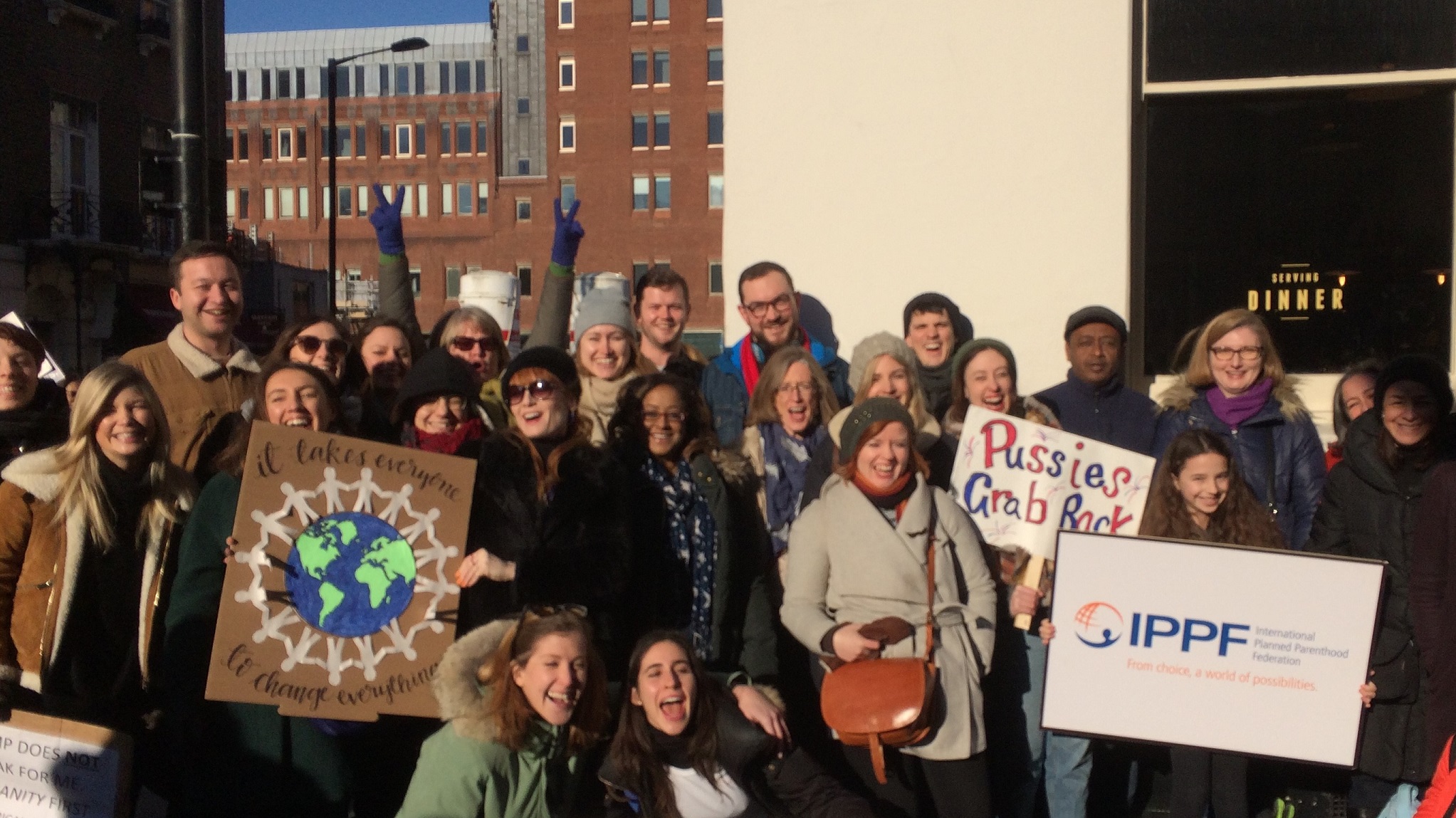
IPPF speaks out against the Global Gag Rule
IPPF stands to lose $100 million USD received from the US, even though none of that money is used for abortion services. IPPF spoke out against Trump's reinstatement of the harmful Global Gag Rule (aka Mexico City Policy) to both BBC's Woman's Hour radio show and Australia's ABC 24 News. Our Member Associations have also spoken out against this violation of rights that service restrictions will lead to: "Funding cuts would mean we can't support 37 districts including supporting Government of Nepal effort on sexual and reproductive Health and rights. Additionally we would not be able to run community clinics or mobile health days or train health care workers. The impact also means we would lose essential medical staff like nurses, doctors and health experts. It would be devastating. " - Ms. Amu Singh Sijapati, President of Family Planning Association of Nepal As one of the biggest family planning organizations in the world, we work in over 170 countries to deliver integrated sexual and reproductive health services to the most marginalized women and communities around the globe. Funding cuts will limit the range of services and restricts how well they can be accessed in remote and rural areas by those who can’t afford transport, food or housing, and will now have to pay for services from other providers who charge more for treatment. "Our projects make a real difference. Young people living with HIV face stigma and violence which is a big problem for girls here in Kenya. These issues create barriers for getting care which means higher risks of ill health and harm. It’s vital that we work within local communities and offer services that recognise these specific needs. Without further funding FHOK may be unable to continue this support, scale up or replicate in other parts of Kenya. It would mean denying services to those who need them the most." - Edward Marienga, Executive Director -Family Health Options of Kenya Putting a ‘gag order’ on local providers who know the specific laws and needs of their communities flies in the face of common sense and reason,” said Marta Royo, Executive Director of Profamilia Colombia, an IPPF Member Association. "The impact of the rule under other U.S. Administrations has been dramatic—many organizations were forced to slash services or even shut their doors because they lost US funding for even mentioning abortion. As a result, women lost access to maternal health care, treatment for HIV and contraception that would help them prevent unintended pregnancies in the first place. Unsafe abortion is one of the leading causes of maternal death in the world and evidence has shown that denying women’s access to abortion doesn’t reduce the incidence of abortion; it just makes it unsafe.” WANT TO GET INVOLVED? SUBSCRIBE NOW TO GET UPDATES FROM IPPF SUPPORT OUR WORK WITH A DONATION View my Flipboard Magazine.
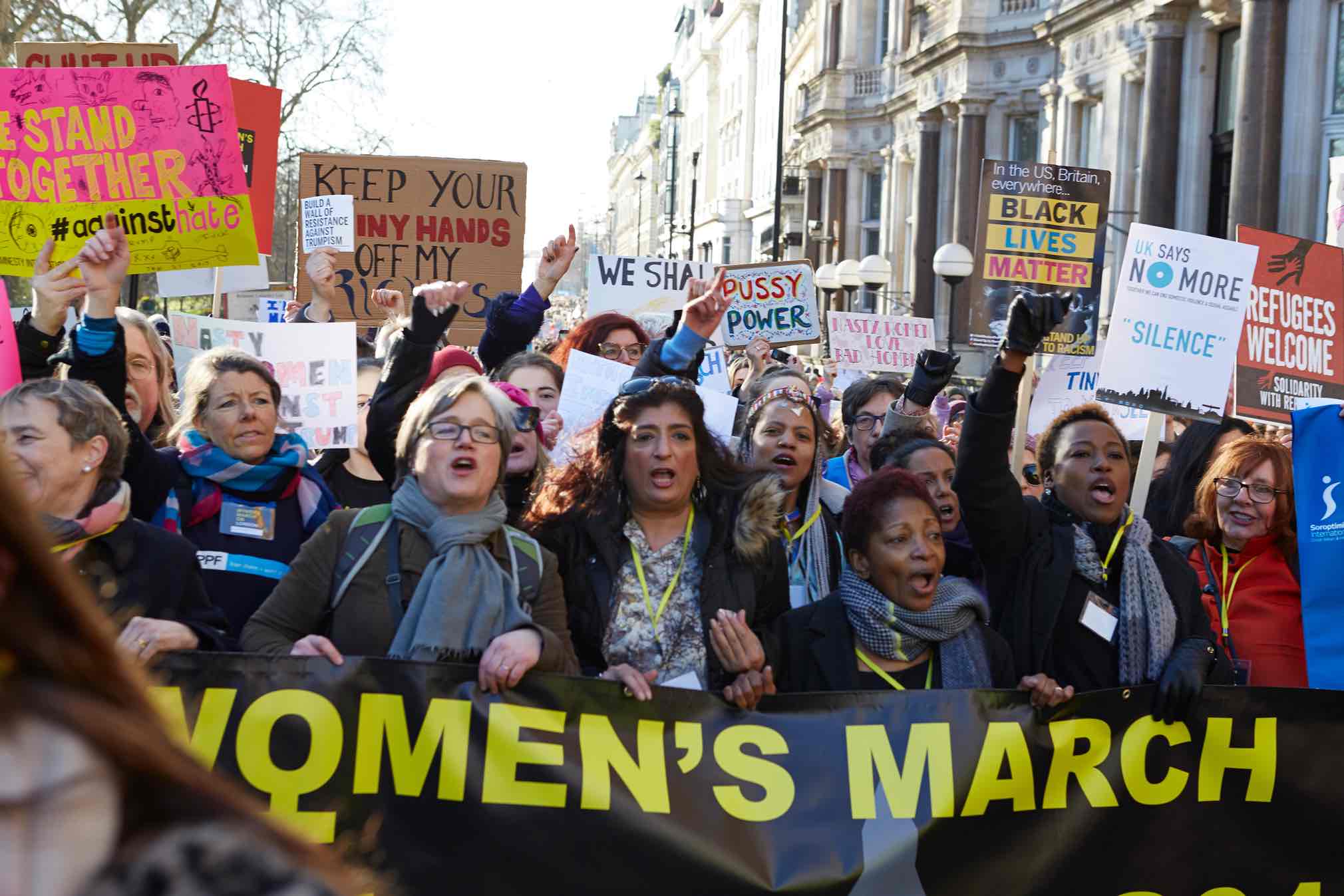
IPPF supporting Women's Marches globally
IPPF is proud to have supported Women’s Marches taking place across the world on Saturday 21st January 2017 in the wake of U.S. President Trump’s inauguration. It was a heartening display of the strength and scale of the global Women’s Rights movement and served to unite a wide range of individuals and groups under the banner of gender equality, amongst other progressive agendas. IPPF co-sponsored the Women’s March on London, which was estimated to have over 100,000 participants, in order to ensure that sexual and reproductive health and rights were seen as central to the Women’s rights agenda. Amazing! People chanting "women's rights are human rights" & "my body, my right!" at #womensmarchlondon. So inspiring! @womensmarchlon pic.twitter.com/1dJ7JIyKWw— IPPF Global (@ippf) January 21, 2017 On attending the March, IPPF Director General Tewodros Melesse stated: ‘We are committed to ensuring the rights of women are respected and represented around the globe. These cannot be partial rights; they must include the right to decide when and if to have a child, and in the instance of unwanted pregnancy, the right to access safe abortion’. We're thousands at #womensmarchlondon, millions all over the world, marching for #GenderEquality. A global movement for human rights. pic.twitter.com/pbo8107DNJ— IPPF Global (@ippf) January 21, 2017 IPPF will build on this moment of global solidarity and galvanise support for increased and sustained commitment to sexual and reproductive health and rights from governments everywhere. If you are interested in joining the global movement for sexual and reproductive health and rights and gender equality, read more about our global campaigning and join our activist network. And you can also donate below.
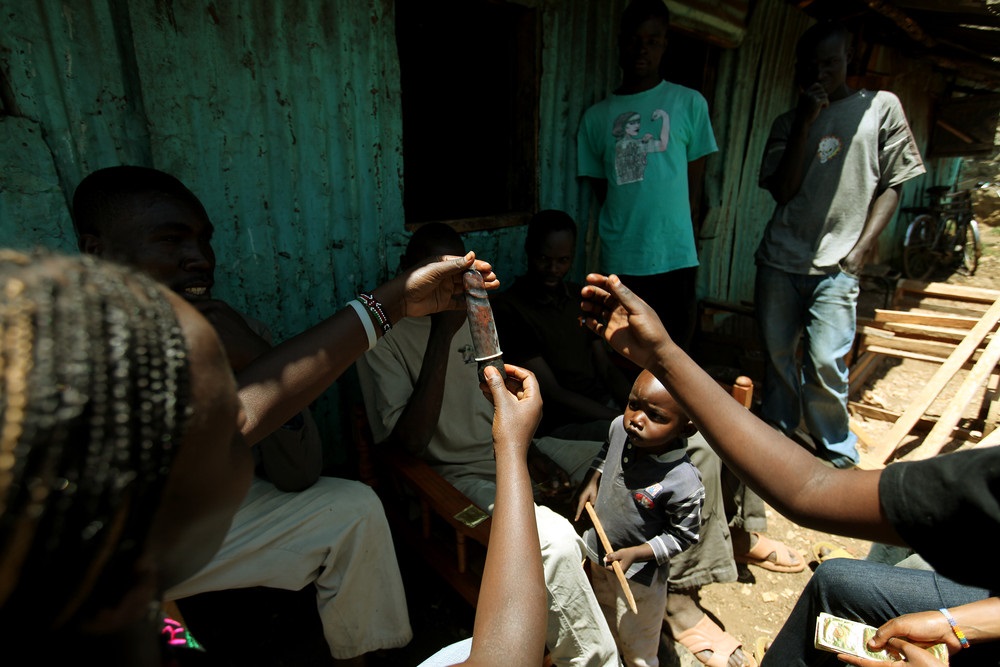
SIFPO 2: Family Health Options Kenya (FHOK)
FHOK is a leading service delivery organisation that complements the efforts of the Ministry of Health by reaching out to marginalized, underserved and vulnerable populations including young people, with information and services on voluntary SRH/FP services. In order to improve FP service delivery to adolescents, FHOK together with Sustainable Networks Project, HC3 Project and the Population Council is implementing the GREAT (Girls, Reproductive Health, Empowerment, Access and Transformation) project in Homa Bay County. The activities of the GREAT project will contribute to the objectives of the Homa Bay Family Planning Strategic Plan 2015-2019 which prioritizes: SIFPO2 Support in Kenya includes: Training health care workers and community based workers in integrated family planning and HIV service delivery for young people. Increasing access to voluntary FP services to 4,000 young people 15-24 years (including those living with HIV and AIDS) through service delivery points at static facilities, outreaches and community health workers Increasing access to high quality community-based information on family planning for young girls including those living with HIV and AIDS Supporting the sexual and reproductive health needs among young people 15-24 years (including those living with HIV and AIDS) by implementing a social behaviour change Results in 2016: 20 facility based service providers from 13 public facilities were trained to provide FPHIV integrated services both within their facilities and through outreach services 20 community members recruited to be new community health workers (CHWs) were trained on all FP methods and how to mobilize communities for FP. As a result, CHWs in focal districts now provide condoms and pills and make referrals for the other methods 20 youth living with HIV and AIDS were trained in all FP methods information. As a result, the young people are providing condoms and education on FP to their peers and making referrals as appropriate. The 20 peers were chosen in consultation with HIV community groups including DREAMS implementing partners 799 clients were served through the project The Support for International Family Planning Organizations 2 – Sustainable Networks project is a five-year cooperative agreement funded by the U.S. Agency for International Development under Agreement No. AID-OAA-A-14-00038, beginning May 13, 2014. The information provided in this document is not official U.S. government information and does not necessarily represent the views or positions of the U.S. Agency for International Development.
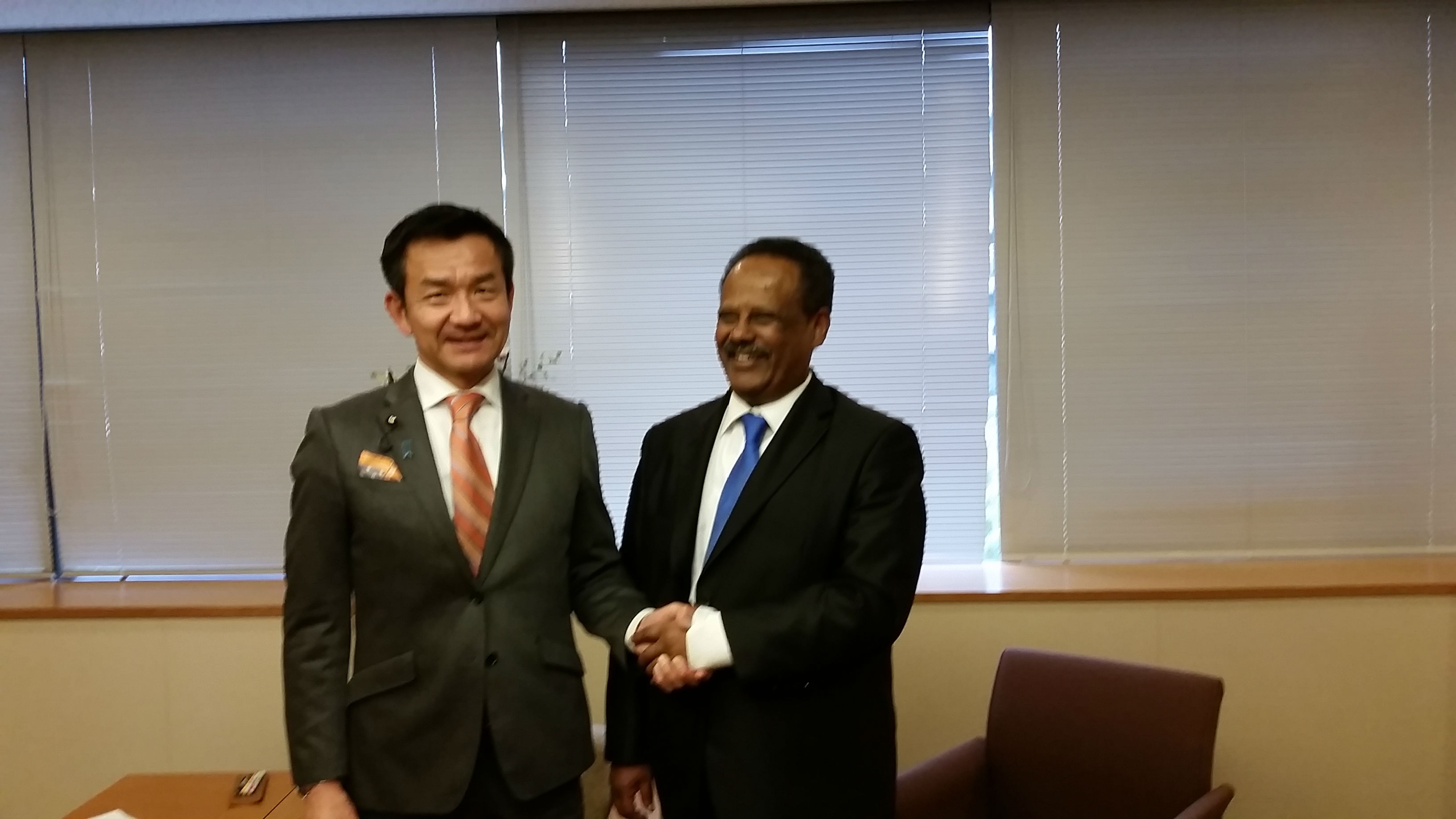
Japan and IPPF take actions together for realizing society where every woman shines
14 December 2016, Tokyo - IPPF attended the World Assembly of Women (WAW!) 2016, which was held in Tokyo on 13-14 December, and made a case that Sexual and Reproductive Health and Rights (SRHR) is fundamental for women’s empowerment, and universal health coverage cannot be achieved without universal reproductive health coverage. At the WAW conference, Japan’s Prime Minister Mr Shinzo Abe said women’s voices are not prioritised in crisis. The international community was not allowed to leave the issue of sexual violence under crisis, he added. Mr Abe stressed that under crisis situations, the international response will be improved remarkably if women’s perspectives are fully incorporated into it. At the same time it is matter of life and death to improve maternal and child health. The international community needs to take action on these issues and give hope to people affected, to build a future together. Tewodros Melesse, Director General of IPPF, said: ‘Poor is the women whose happiness depends on the approval of others. From birth, every women has rights to shine. A comprehensive approach, where empowered women make their own decisions, is the key to ensuring no woman is left behind’ Tewodros Melesse also had a meeting with H.E. Mr Odawara, Japan’s Parliamentary Vice Minister of Foreign Affairs. Mr Odawara said that the Japanese Government highly appreciated IPPF’s activities to respond to women’s needs by closely working with Japan. Mr Melesse raised the issue of global uncertainty, which could give a serious impact on IPPF’s activities to protect women’s health, rights and lives, and requested Japan’s further assistance and continuing strong leadership in the SRHR area.
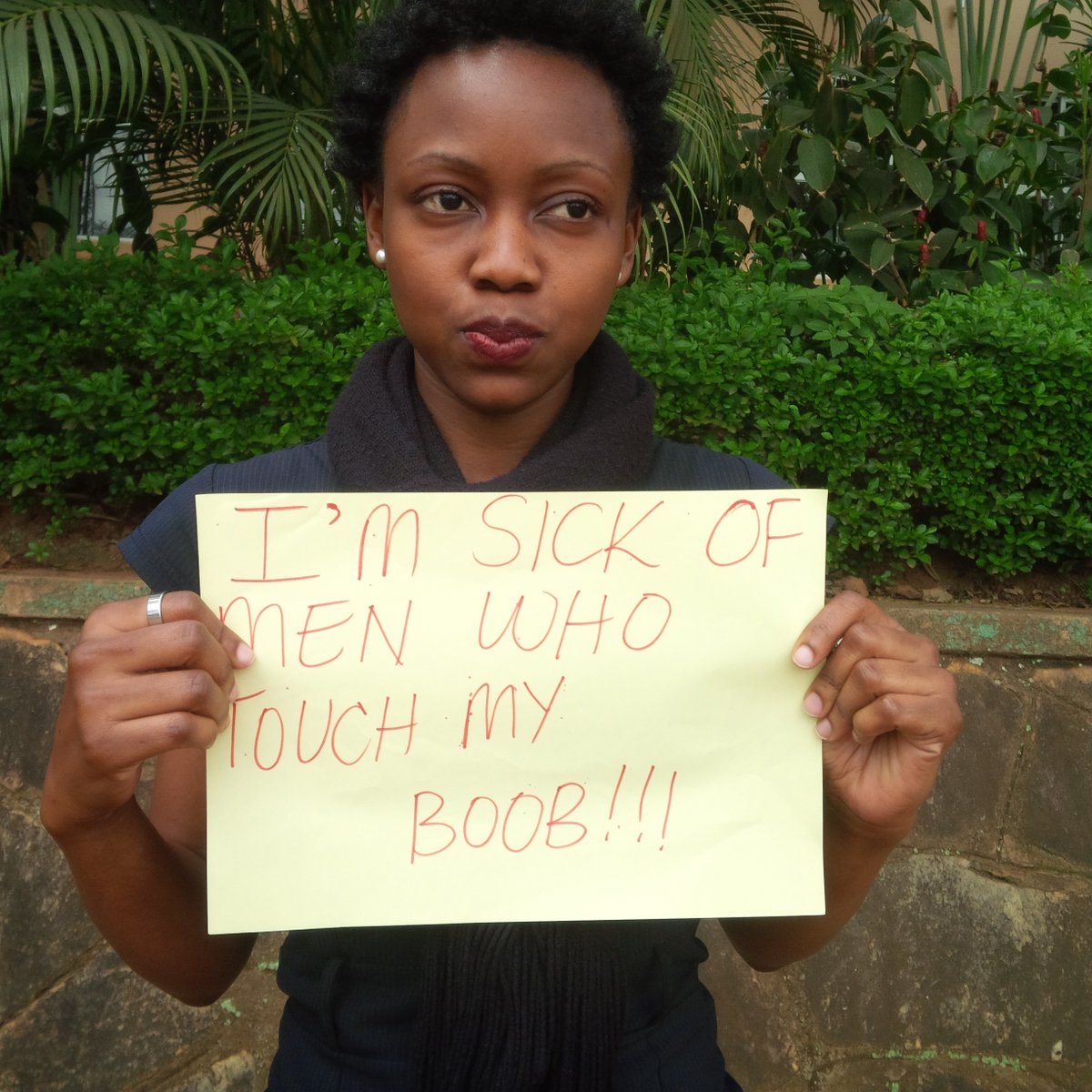
People around the world campaigning to #StopViolence against women and girls
Activists around the world took the social media to say, in several languages: "Stop Violence against women and girls!" The IPPF #StopViolence campaign, to mark the 16 days of activism against gender-based violence, was launched by IPPF Champion Jessica Pratt and Yvonne Chaka Chaka. For 16 days, women and men shared the aspect of violence against women that affects or hurts them the most, always with a clear message: we're sick of it.
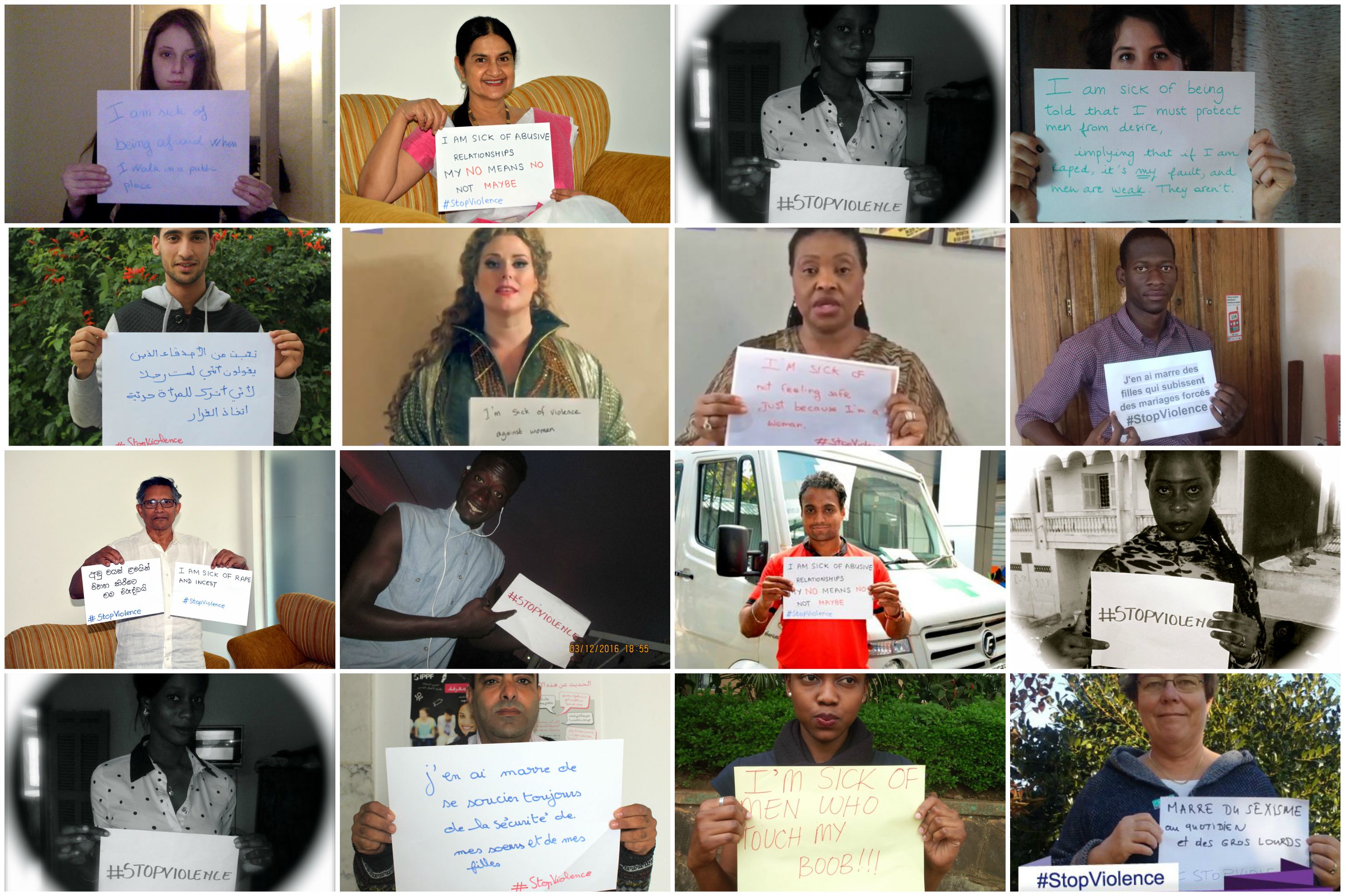
No woman should be left feeling afraid of violence
Today we mark Human Rights Day and the end of the 16 days of activism against gender-based violence. Violence against women and girls is more common than we think. It has undoubtedly affected someone close to you, a friend, family member or a colleague. More frightening is that they were likely to have been attacked by someone they know. Many women who have suffered from violence are left silent and afraid of the consequences if they speak out about their experience. As a champion for the International Planned Parenthood Federation (IPPF) I want to show you that violence against women and girls is a major issue. To put into a global perspective the figures are bleak. One woman in three worldwide has experienced physical or sexual violence. More than 700 million women were married as children. Those girls who are married so young are often unable to negotiate safe sex, leaving them vulnerable to early pregnancy as well as sexually transmitted infections and HIV. In the event that they have taken that bold step to tell someone, women and girls are victimized after their reports have been taken. Stigma and persecution which can lead to them and their families being ostracized. What’s so sad, is that we are hearing these stories because there hasn’t been the support and protection that women and girls need to stay safe or report if they have been hurt. We are still living in a world where people think such behavior is ok. Well, I am sick of it, and so are all the people who joined IPPF #StopViolence campaign. The harmful effects of violence is felt long after the incident. A common barrier for victims of sexual violence seeking help, support and justice is financial. This was the case for Mercy and her family who live in a village 60km from the city of Eldoret in Kenya. They were supported in their fight for justice, by IPPF’s Member Association, Family Health Options in Kenya (FHOK). After Mercy was raped and fell pregnant at the age of 13, FHOK's help provided crucial financial assistance through an income grant boost her father’s business and to cover the costs of travelling to town for treatment, counselling and legal appointments. This helped Mercy go back to school and the family to pursue the case against her attacker. I know that change is possible. That’s why I support IPPF. They are working to make a difference. Their efforts focus on building resilience and empowering people. Their community based approaches ensure that women and girls are not put through a further cycle of abuse after their trauma. Focused care means that survivors are supported through access to appropriate and sensitive health services, legal advice and counselling to support them through their experience. Sexual violence is a global tragedy and needs to end. We need to see international protection translating into more women and girls being kept safe from harm in their communities and in their own homes. No woman should be left feeling afraid of what may happen if they report rape or that sexual violence is part of the norm in their own community. Living your life with dignity, being free to decide about yourself, being considered a human being and not a good to be traded in forced marriage or sexual trafficking, or simply feeling safe while walking on the streets: these are all basic human rights that gender-based violence constantly takes away from millions of women and girls around the world. Join me and IPPF to say I’m sick of violence against women and girls ippf.org/StopGBV
"I'm sick of violence against women" Jessica Pratt joins #StopViolence campaign
Jessica Pratt is a successful Opera Singer. Despite her busy rehearsal schedule, she took the time to say the world "I'm sick of violence against women and want it to stop". Join her: take a photo or a video holding a sign, tell us why you're sick of violence against women! #StopViolence Facebook filter: https://www.isupportcause.com/campaign/im-sick-of-violence-against-women
Pagination
- Previous page
- Page 9
- Next page






